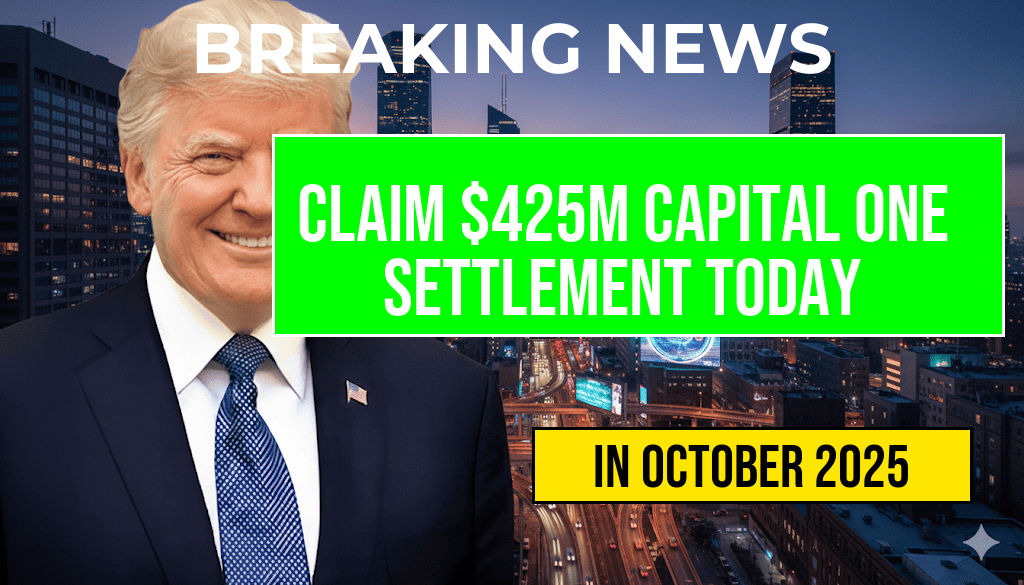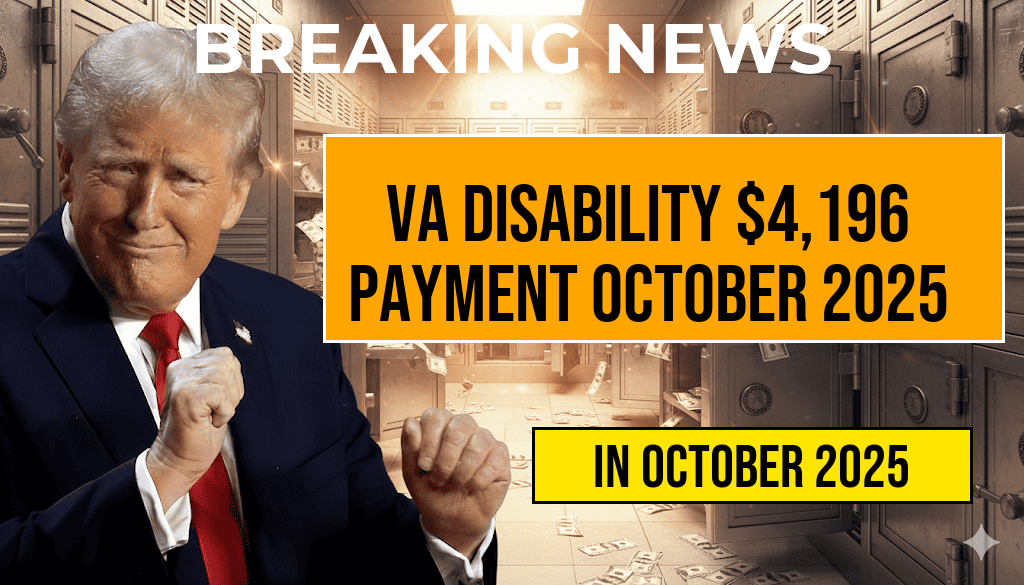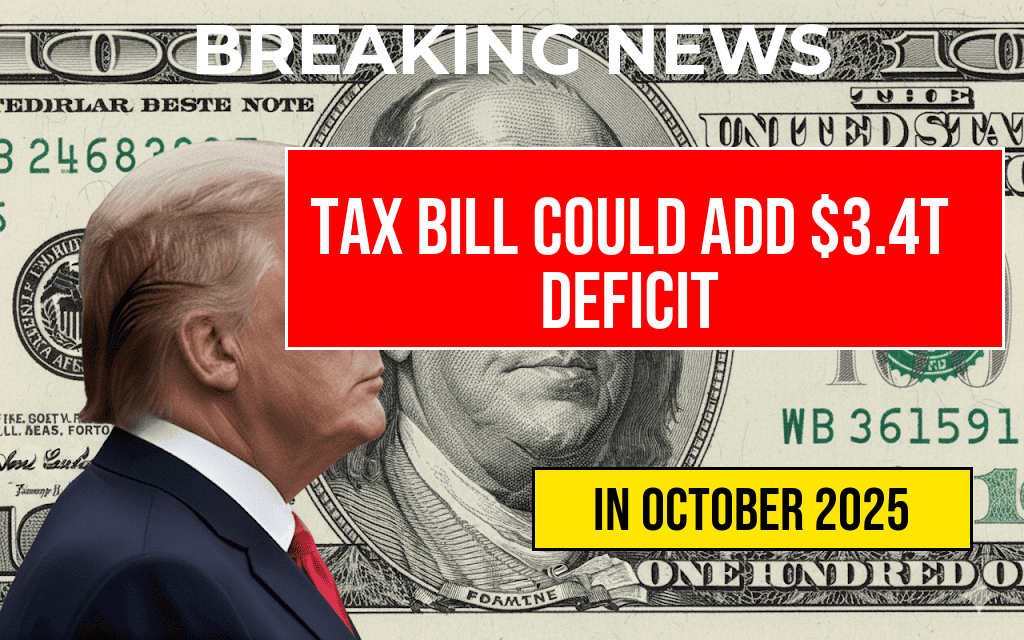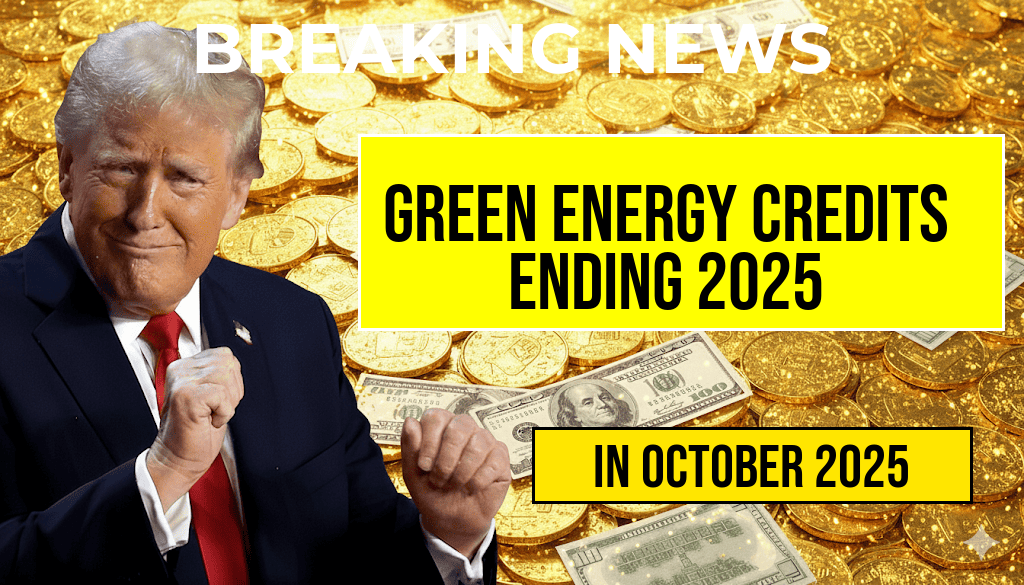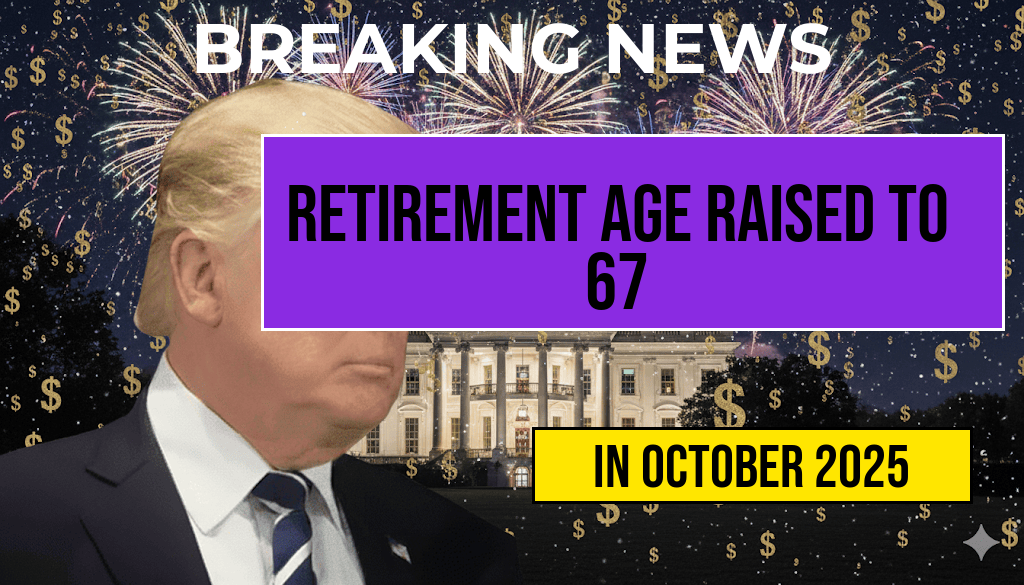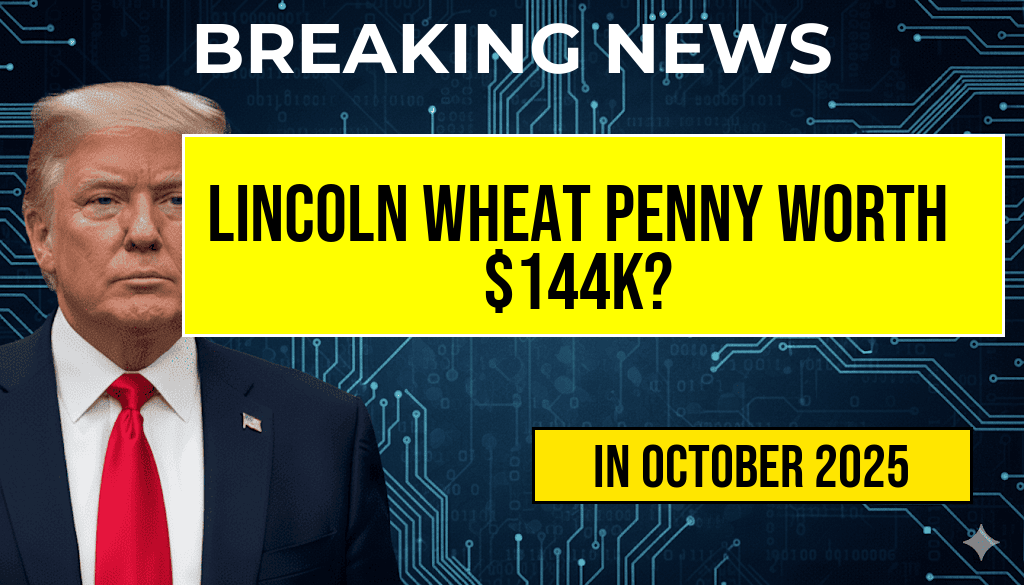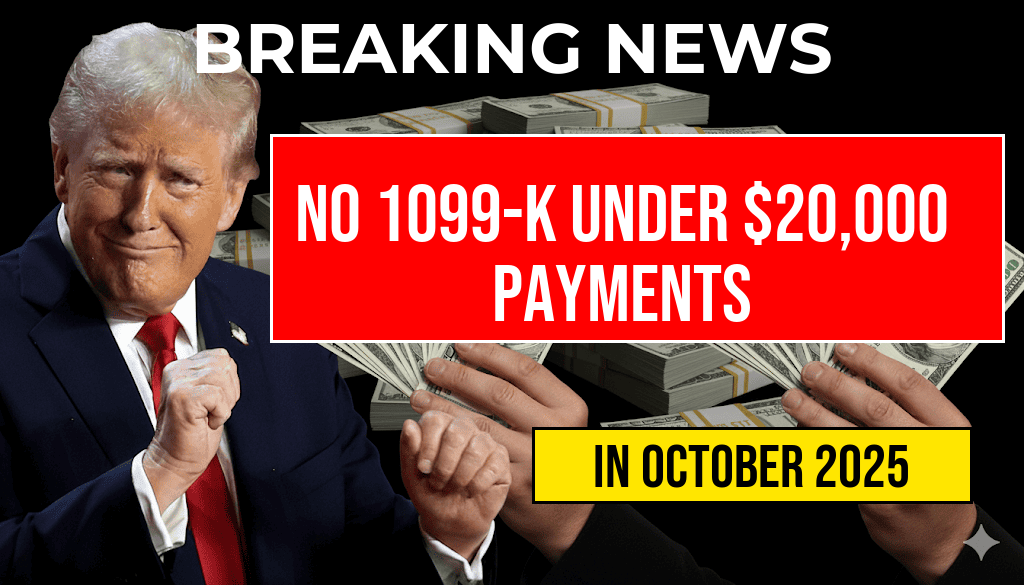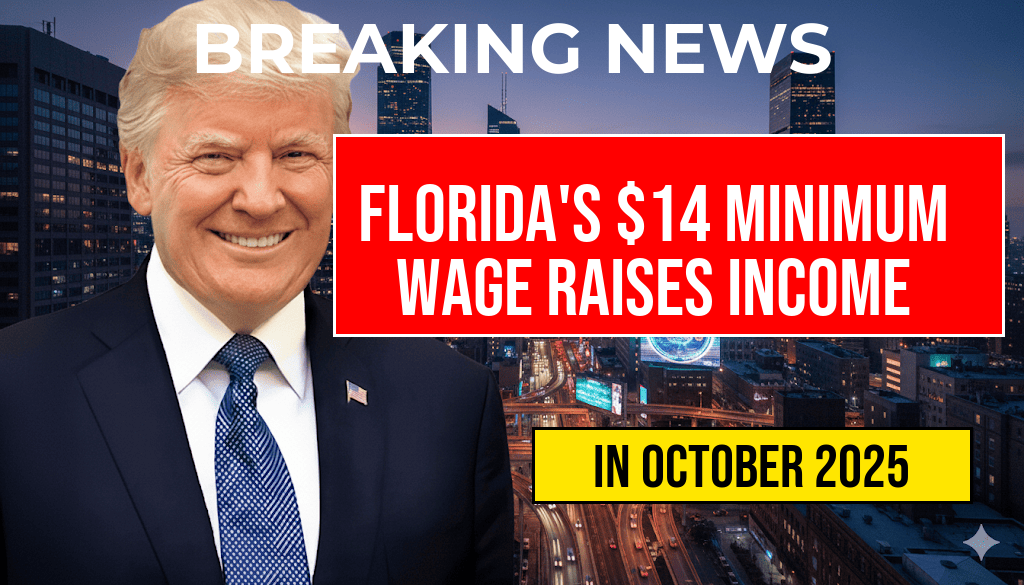Homeowners interested in maximizing their savings through energy tax credits should be aware that many of the federal incentives tied to green energy initiatives are set to expire in 2025. The current landscape offers significant financial benefits for those investing in solar panels, energy-efficient windows, and electric vehicle chargers, but these programs are slated for reduction or elimination once the calendar turns to 2026. As policy shifts approach, homeowners need to understand which credits are ending, the timeline for the expiration, and what options remain for future savings. This transition underscores the importance of acting promptly if homeowners want to capitalize on current incentives that can significantly offset installation costs and make sustainable upgrades more affordable.
Understanding the Current Landscape of Energy Tax Credits
Federal energy tax credits have played a pivotal role in encouraging residential investments in renewable energy and energy efficiency over the past decade. These incentives typically take the form of federal tax credits that reduce the amount owed on annual income taxes, making green upgrades more accessible. The most prominent among these is the Residential Energy Efficient Property Credit (Section 25D), which covers solar, wind, geothermal, and fuel cell property. Additionally, the Energy Efficient Home Improvement Credit offers rebates for energy-efficient windows, doors, and insulation.
Most of these credits are governed by legislation that sets specific expiration dates. The Inflation Reduction Act of 2022 extended some incentives through 2024, with certain provisions slated for phase-out or reduction in 2025. This impending expiration has prompted homeowners, contractors, and industry advocates to urge timely action to secure current benefits.
Which Credits Are Expiring in 2025?
| Credit Name | Coverage | Expiration Date |
|---|---|---|
| Residential Energy Efficient Property Credit (Section 25D) | Solar, wind, geothermal, fuel cells | December 31, 2025 |
| Energy Efficient Home Improvement Credit | Windows, doors, insulation, HVAC systems | December 31, 2025 |
| Electric Vehicle Charging Station Credit | Home EV chargers | December 31, 2025 |
What Homeowners Need to Know
- Timing is critical: To claim the maximum benefits, homeowners should plan to make qualifying upgrades before the end of 2025. Delaying beyond this point could mean forfeiting substantial savings.
- Documentation is essential: Proper records, receipts, and certification documents are necessary to substantiate claims when filing taxes.
- Legislative uncertainties: While current legislation indicates expiration in 2025, legislative changes could alter the status or extend certain credits. Staying informed through official channels is advisable.
Impacts of the Expiration on Homeowners
The expiration of these incentives could lead to a slowdown in residential renewable energy projects, as the financial motivation diminishes. Industry analysts predict that the removal of tax credits will likely cause a temporary dip in installations of solar panels and energy-efficient upgrades. However, some experts argue that declining costs of technology and increasing environmental awareness will sustain growth independently of federal incentives.
For many homeowners, the decision to invest hinges on the financial benefits available at the time of purchase. With credits set to phase out, the window for significant savings narrows, prompting a surge in activity in the near term. The U.S. Energy Information Administration (EIA) notes that federal incentives have historically been instrumental in driving adoption, but market momentum and technological advancements are also significant factors.
Future Outlook and Alternatives
Despite the looming expiration, several states and local governments continue to offer their own incentives, rebates, and tax credits for renewable energy projects. Programs vary widely by jurisdiction and may provide partial relief or additional benefits. Homeowners should explore options such as:
- State-level renewable energy rebates
- Utility company incentives
- Special financing programs for energy upgrades
Moreover, some policy proposals aim to extend or renew federal incentives, though nothing has been finalized at the time of writing. Homeowners interested in making sustainable upgrades should consult reputable sources like the U.S. Department of Energy for the latest updates and guidance.
Key Takeaways
- Act soon: The opportunity to claim current energy tax credits ends after December 2025.
- Plan upgrades accordingly: Projects initiated before the deadline can qualify for maximum benefits.
- Stay informed: Legislative developments could change the landscape, so monitoring official sources is crucial for homeowners considering energy improvements.
As the expiration date approaches, homeowners have a narrow window to leverage federal incentives that can significantly reduce the costs of renewable energy and efficiency upgrades. Consulting with certified contractors and tax professionals can help ensure eligibility and proper documentation, making the most of the remaining opportunities before the credits phase out.
Frequently Asked Questions
What are Green Energy Credits and how do they benefit homeowners?
Green Energy Credits are incentives provided by the government to encourage the adoption of renewable energy solutions. For homeowners, these credits can significantly reduce the upfront cost of installing solar panels, wind turbines, or other renewable energy systems, making sustainable energy more affordable.
When do the Energy Tax Credits for green energy expire?
The current Energy Tax Credits for green energy are set to expire in 2025. Homeowners planning to take advantage of these incentives should consider acting before this deadline to maximize their savings.
How can homeowners ensure they qualify for the energy tax credits before they expire?
To qualify, homeowners should ensure their renewable energy installations are completed and properly documented by 2025. Consulting with certified installers and keeping detailed records of purchase and installation dates can help ensure eligibility for the credits before they end.
What are the potential impacts on the cost of renewable energy systems after the credits expire?
Once the energy tax credits expire, the overall cost of installing renewable energy systems may increase for homeowners, as they will no longer benefit from these financial incentives. This could make renewable installations less affordable or delay adoption plans.
Are there any other incentives or programs available after the credits end in 2025?
Yes, some states and local governments may offer additional incentives or rebate programs for renewable energy. Homeowners should explore regional options and stay informed about new policies that could provide financial support after the federal credits expire.

